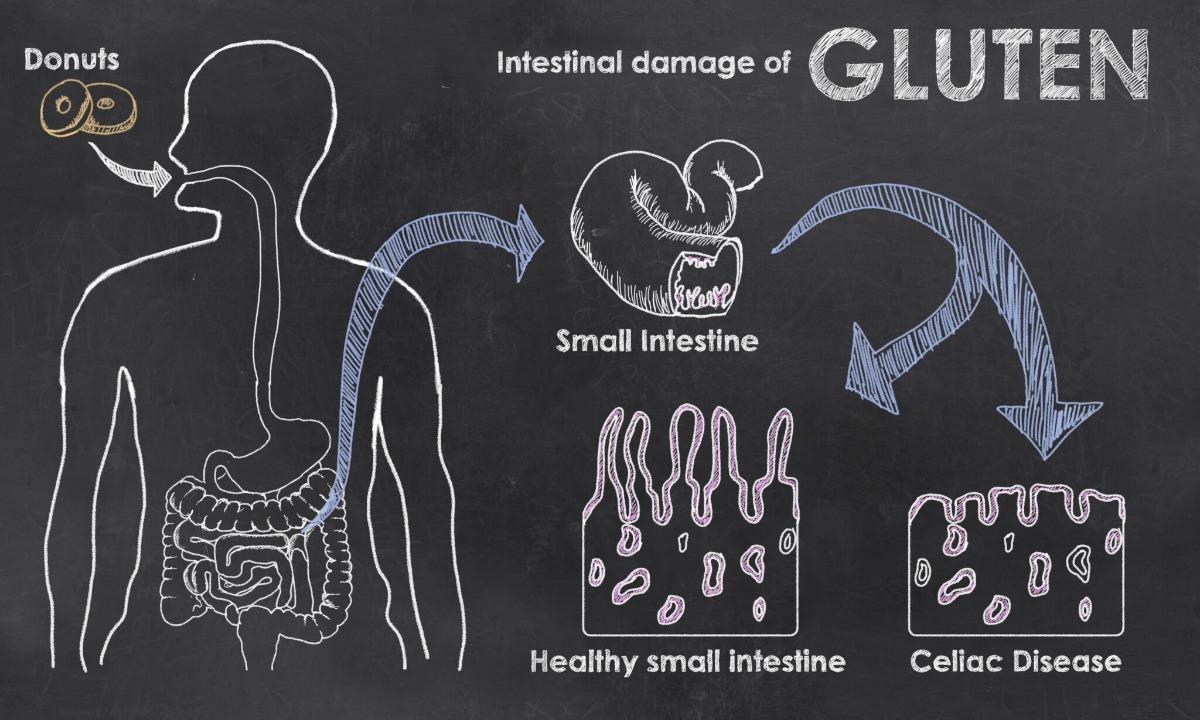
- posted: May 08, 2023
Celiac disease is an autoimmune disorder triggered by the consumption of gluten, a protein found in wheat, barley, and rye. It can cause various symptoms, which can vary in severity and may differ among individuals. Some common symptoms of undiagnosed celiac disease include:
1. Digestive Issues: Digestive symptoms are frequently associated with celiac disease. These may include chronic diarrhea, constipation, abdominal pain, bloating, gas, and nausea. Some individuals may experience alternating bouts of diarrhea and constipation.
2. Weight Loss and Poor Growth: Celiac disease can lead to weight loss, especially in children, and may cause poor growth or failure to thrive. In children, it can affect their height and weight progression.
3. Fatigue and Weakness: Persistent fatigue and weakness are common symptoms of undiagnosed celiac disease. These symptoms can interfere with daily activities and quality of life.
4. Nutritional Deficiencies: Celiac disease can impair the absorption of nutrients from the small intestine, leading to deficiencies in essential vitamins and minerals. Common deficiencies include iron, calcium, vitamin D, vitamin B12, and folate. These deficiencies can result in anemia, bone density loss, and other health issues.
5. Skin Problems: Skin manifestations may occur in individuals with celiac disease. Dermatitis herpetiformis (DH) is a specific skin rash characterized by itchy, blistering, and red patches. It primarily affects areas such as the elbows, knees, scalp, buttocks, and back.
6. Joint Pain: Joint pain and inflammation, often resembling arthritis, can be associated with undiagnosed celiac disease. This symptom may be more common in adults with the condition.
7. Neurological Symptoms: Celiac disease can affect the nervous system and lead to neurological symptoms. These may include tingling or numbness in the hands and feet (peripheral neuropathy), difficulty with balance, coordination problems, migraines, and even seizures.
It's important to note that these symptoms can also be caused by other conditions, and individuals with celiac disease may experience a wide range of symptoms or even be asymptomatic. If you suspect you have celiac disease or are experiencing persistent symptoms, it's crucial to consult with a healthcare professional for proper evaluation, diagnosis, and guidance on managing the condition.
Office Hours
By Appointment Only
8:00 am - 7:00 pm
Closed
8:00 am - 7:00 pm
8:00 am - 7:00 pm
8:00 am - 7:00 pm
9:00 am - 12:00 pm
Closed
